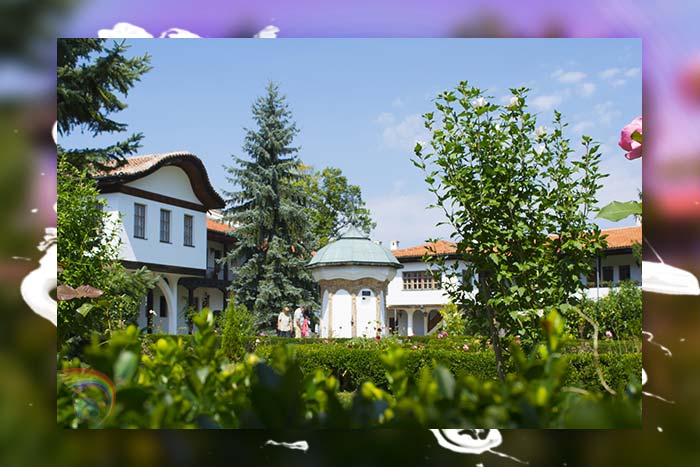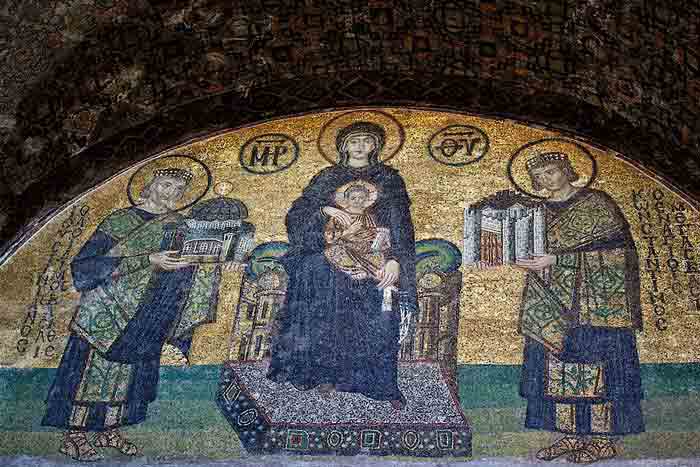Peru
Ventura Garcia-Calderon (1890—1956)
Ventura Garcia-Calderon, born at Lima of an old Peruvian family, was one of the most distinguished critics and literary historians of South America. He was also a fastidious writer of verse. His short stories are clearly the work of a poet, and are characterized by an extreme deli-cacy of style and treatment.
The legend of Pygmalion is translated by Isaac Goldberg especially for this collection and included by his permission. It has never before appeared in English.
The Legend of Pygmalion
I. The Artist
When Pygmalion had finished that statue, he smiled. The enchanted smile of children discovering the world! Truly it was perfect, unsurpassable. Just as the ancient sculptors of idols venerated the deity created by themselves, so would he gladly have fallen to his knees in adoration. About him, on rough pedestals or on the ground, close by, farther off, on shelves or on the window seats, a marble populace rigid in attitudes of grace and abandon. All the dreams of a now declining youth lay there as in a living quarry. This was why, out of a maternal modesty, he forbade access to his atelier…What could others be seeking in this abode? Only curiosity or the desire to carp could bring them. And here he had bared his soul.
There were blocks as vague as chrysalides of thought; in others, only the hinted outlines of a hip. There the chisel had traced coarse furrows; as if Pygmalion, in the grip of the creative demon, had cracked the marble with heavy blows, in his eagerness to impart to this inert matter the living gesture. And successive sketches of a work, from the confused embryo to the perfect image, revealed sadly the painful task of conception.
But amid all these sister images, amid this white populace united by the kinship of a selfsame fever and a selfsame pain, none could equal in victorious rapture the virgin Galatea, bending her light head over the mirror of her hand, the better to admire its graceful negligence. Pygmalion had informed her with the evanescent and legendary delicacy of Psyche.
The imagination added short wings to the lightness of the feet; the softness of the stomach recalled the vases of the school of Athens; the arms formed such a glorious chain that, joining to embrace a favorite, they could hold him fast till death.
Pygmalion gazed at his palms, still white with dust, doubting that he had completed this marvel with hands that were destined to die. It was possible, then, for the human artificer to wrest from the gods the secret of beauty. Without self-deception, with that clairvoyance of the hours of loftiest judgment, he knew that this time, by a miracle, he had fashioned the eternal masterpiece. Ah, how he remembered his failures before the uncompleted marbles, when his idea lingered and, face to face with the truncated form, he felt his hands so clumsy and his mind so dull! This was an agony that no death relieved. Bitter tears, towering rages, almost an iconoclastic fury, at the disproportion between his petty accomplishment and the cherished ideal.
Read More about The Jackal








